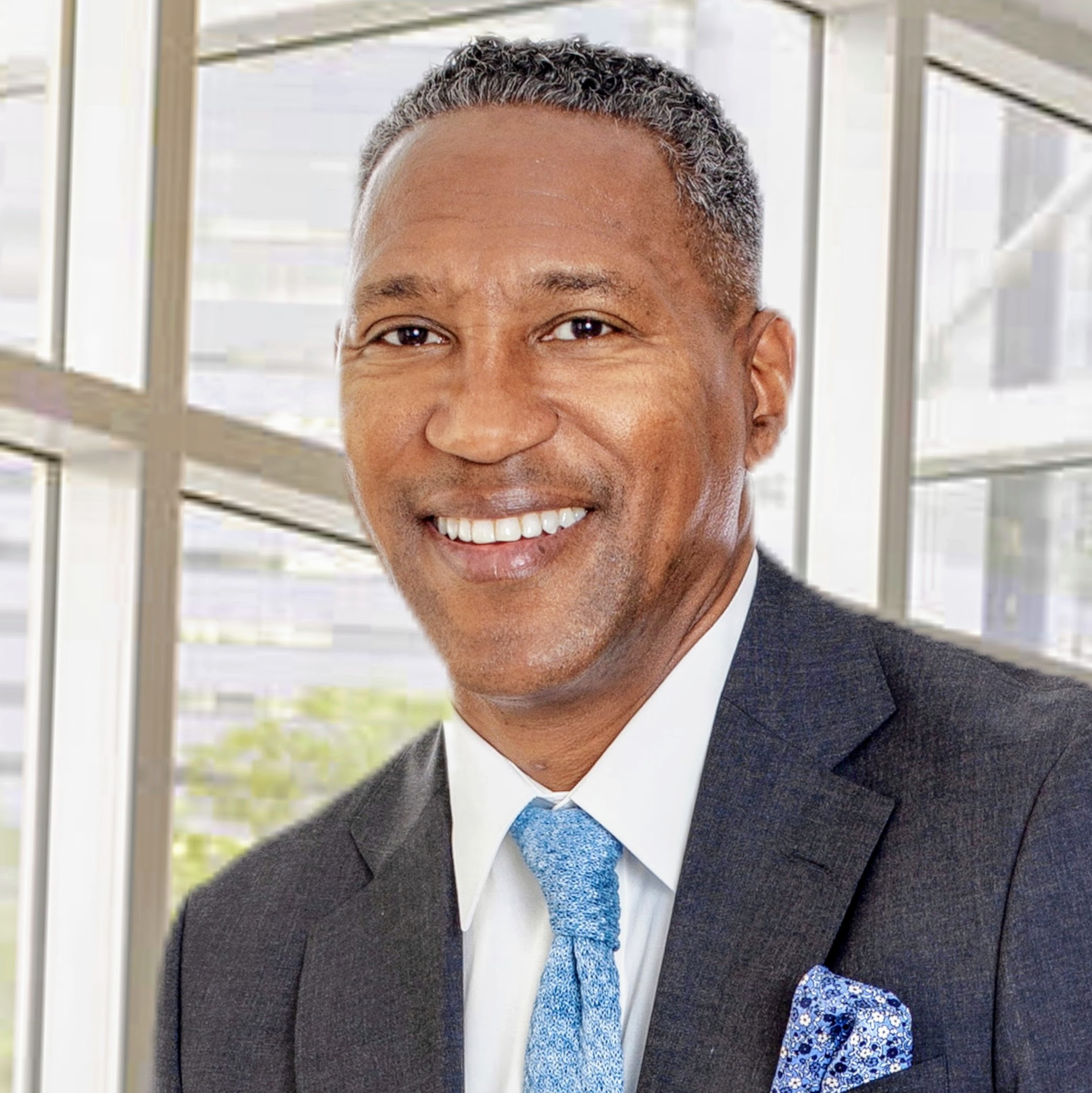 In a recent article, I presented a taxonomy consisting of nineteen IP business models in the United States intellectual property marketplace. Although, admittedly, the taxonomy presented was not perfect, it adequately described what I observed as the continuing rise of intermediary business models in the marketplace. In that taxonomy, I included “IP middlemen” such as: Licensing Agents, IP Brokers, IP-Based M&A Advisors, IP Auction Houses, On-Line IP/Technology Exchanges, and University Technology Transfer Intermediaries. Individual inventors and corporate IP owners are used to dealing with accountants, lawyers and investment advisors – all professionals who are governed by state and/or federal professional regulations, and/or national association guidelines. Well, the question I pose is: What professional regulations govern the qualifications and conduct of all these IP middlemen?
In a recent article, I presented a taxonomy consisting of nineteen IP business models in the United States intellectual property marketplace. Although, admittedly, the taxonomy presented was not perfect, it adequately described what I observed as the continuing rise of intermediary business models in the marketplace. In that taxonomy, I included “IP middlemen” such as: Licensing Agents, IP Brokers, IP-Based M&A Advisors, IP Auction Houses, On-Line IP/Technology Exchanges, and University Technology Transfer Intermediaries. Individual inventors and corporate IP owners are used to dealing with accountants, lawyers and investment advisors – all professionals who are governed by state and/or federal professional regulations, and/or national association guidelines. Well, the question I pose is: What professional regulations govern the qualifications and conduct of all these IP middlemen?
The short answer to the above question is “none!” After all, there is no IP brokerage or IP middlemen governing body. Further, we should all realize that IP rights are not “securities” subject to state and federal (e.g., SEC) regulations. Lastly, we all know that all states’ bar associations regulate attorney conduct regardless of whether the attorney is “practicing law.” An informal survey I conducted, however, suggests the percentage of IP middlemen who are attorneys is less than 20%, with the remainder having business, financial and engineering backgrounds. Has the USPTO stepped in? No. That is, individual inventors and corporate IP owners should not feel at ease because the invention promotion industry has been the focus of a USPTO anti-scam public awareness campaign. This campaign, is simply not aimed at the numerous IP middlemen identified in my taxonomy.
Can we learn anything from abroad?
Interestingly, in February of 2011, the British Standards Institution (BSI) – the UK’s National Standards Body – released standard BS 8538:2011, entitled “Specification For The Provision Of Services Relating to the Commercialization of Intellectual Property Rights.” The standard aims to “set[] out for the first time good practice and principles of ethical behaviour for organizations providing services to inventors.” The British Standard specifies middlemen ethical behavior principles relating to: integrity and competence; transparency regarding fees, costs and finances; confidentiality and the disclosure of information; the declaration of conflicts of interest; and complaint handling. It also specifies a process for service provision, covering: (1) initial engagement with the originator; (2) NDAs; (3) evaluation of the originator’s idea; and (4) commercial agreements for the provision of advice and/or services.[1]
Similarly, in July of 2011, the IP Office of Singapore (IPOS) launched an IP Competency Framework (IPCF) initiative that promulgated standards for IP professionals. More specifically, the IPCF defined “the competencies required for key IP professionals and practitioners in the industry and accredit the attainment of these competencies into Continuing Professional Development qualifications that are recognised by the industry.” IPOS claims that the IPCF was “the first of its kind in the world on a nationwide scale.” Under the Framework, IPOS also accredits training providers who certify successful program participants.
So, what about the U.S.? Will a U.S. government agency or NGO follow the lead of the UK and Singapore? Is it even necessary? We’ll see as the industry evolves, but in the meantime, there is one U.S.-based non-profit organization – CLP, Inc. – that has come close. That is, CLP administers the Certified Licensing Professional program. The program was developed in 2008 as an initiative of the Licensing Executives Society (LES), and its Board includes representatives from LES, the Association of University Technology Managers (AUTM), and the Biotechnology Industry Organization (BIO). The program certifies individuals, via an examination process, for three-year, renewable periods and requires 40 continuing education credits per renewal period.
According to CLP, its certification is: “A designation intended to confirm to the public that a person with appropriate educational qualifications and experience has demonstrated the knowledge, expertise in, and skills required of an IP Licensing Professional. [And, while the] CLP does not express an opinion on the competence or warrant the job performance of certificants … it is expected that a certificant [will] comply at all times with the [brief, 900-word] CLP Rules of Professional Conduct.”
The CLP program seeks to certify those with at least three years of professional licensing experience, where “licensing” is “defined as including identification, evaluation, valuation, development, use, transfer, marketing, and/or management of intellectual property/assets.” Whether this covers all of the IP middlemen of my taxonomy is debatable. (Okay, it does not!) After all, according to CLP, there are currently only 800 practicing CLP designees worldwide. But, for now, it’s all we seem to have. So, in the meantime, happy brokering and let’s all be careful out there!

![[IPWatchdog Logo]](https://ipwatchdog.com/wp-content/themes/IPWatchdog%20-%202023/assets/images/temp/logo-small@2x.png)

![[Advertisement]](https://ipwatchdog.com/wp-content/uploads/2024/04/Patent-Litigation-Masters-2024-sidebar-early-bird-ends-Apr-21-last-chance-700x500-1.jpg)

![[Advertisement]](https://ipwatchdog.com/wp-content/uploads/2021/12/WEBINAR-336-x-280-px.png)
![[Advertisement]](https://ipwatchdog.com/wp-content/uploads/2021/12/2021-Patent-Practice-on-Demand-recorded-Feb-2021-336-x-280.jpg)
![[Advertisement]](https://ipwatchdog.com/wp-content/uploads/2021/12/Ad-4-The-Invent-Patent-System™.png)







Join the Discussion
No comments yet.